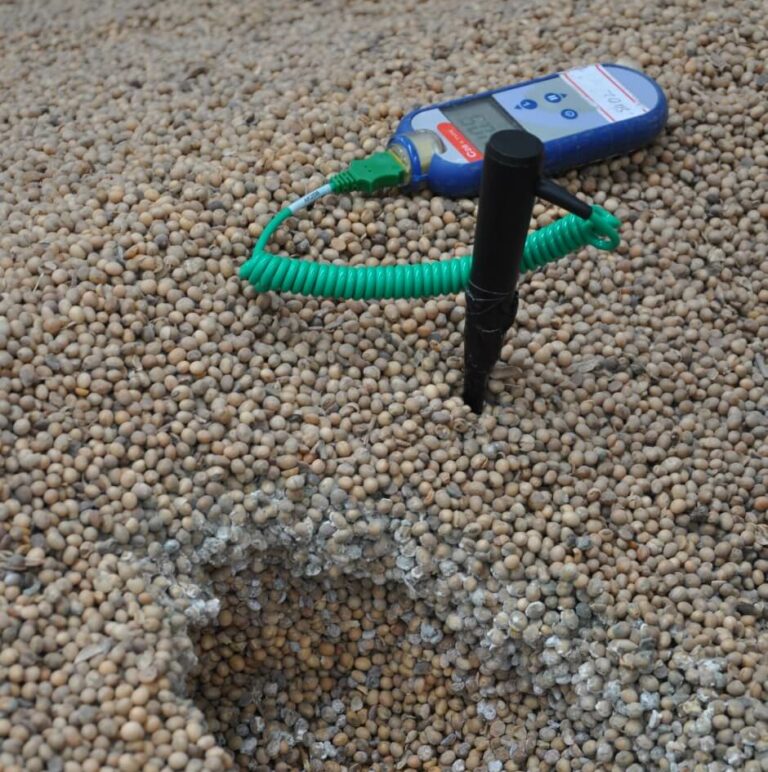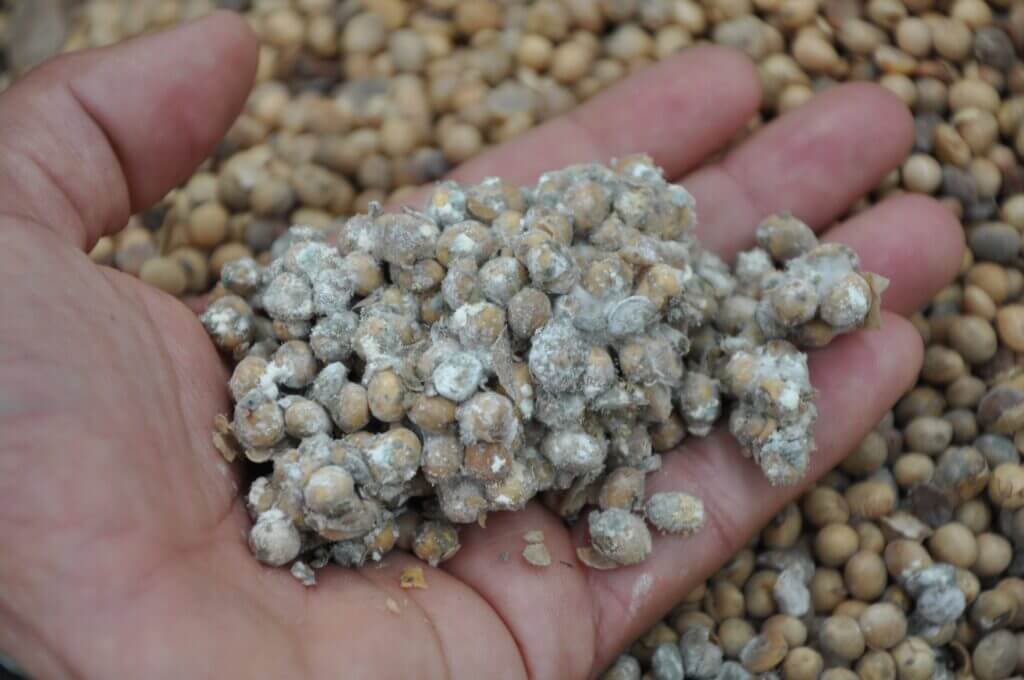Shipping Disruptions Put Agricultural Cargo at Risk
Marine Cargo Spoilage and Fire & Explosion Specialist, Jessica Ng, is featured in ICIC – International Cargo Insurance Conference Publication.
Jessica’s article: ‘Shipping Disruptions Put Agricultural Cargo at Risk’, discusses how continuous attacks on shipping vessels in the Red Sea are causing major disruptions within the maritime industry. The article explains that vessels now look to route around the Cape of Good Hope rather than using the Suez Canal, to avoid passing through the Red Sea. However, this results in longer voyages from Europe, Ukraine, and Russia to customers in East Africa and Asia, which for grain cargo, can be risky.
Jessica explains that bulk grain cargoes (such as corn, barley, and soybeans) are perishable commodities that cannot be stored indefinitely as they are microbiologically unstable. The period of safe storage before noticeable deterioration occurs, largely depends on the initial moisture content, the temperature of the soybeans at loading, and the subsequent storage conditions. She explains that minimising the deterioration of soybeans relies on the following factors: a low moisture content, a low storage temperature, and a short storage time. However, other parameters (such as the presence of foreign matter and pre-shipment conditions) can also affect the prosperity of the soybean cargo to self-heat.

Once the cargo has exceeded its safe storage period and started to deteriorate, it will likely start to grow mould. As the mould proliferates, heat is generated by microbial respiration, which may cause the cargo to increase in temperature and consequently result in the gradual degradation of protein and oil quality. The mould may also intertwine among the beans and result in caking of the cargo.

Jessica’s article describes how cargo holds of bulk carriers are effectively large metal boxes, within which it is not possible to undertake the majority of cargo management practices available in shore facilities such silos and grain stores.
If problems are noted on board, there are few options available to the Master other than to discharge the cargo. Nevertheless, there are several actions a Master can take to detect deterioration at an early stage or to reduce the likelihood of further deterioration of the cargo during a lengthy voyage, such as:
- Not allowing the cargo to be wetted by rain during loading;
- Ensuring the holds are weather-tight;
- Ventilating whenever appropriate to prevent the formation of ship’s sweat (condensation on ship’s metal structures) and, conversely, not ventilating when conditions risk the formation of cargo sweat (condensation on the cargo);
- Monitoring the cargo temperature for signs of self-heating; and,
- Not heating any spaces adjacent to holds in which cargo is loaded.
At Hawkins, we can help you with cases involving the carriage of bulk agricultural cargoes. Our team of forensic scientists and engineers can advise, investigate, and assist at any stage of a marine incident, as well as provide ongoing support and guidance for the future. We support our clients throughout the investigation process, including travelling at short notice.
In addition to agricultural cargo claims, the other types of incidents that we investigate can be found on our Marine page.
ABOUT THE AUTHOR
Jessica Ng specialises in agricultural bulk cargo claims, specifically those relating to soybean DDGS (distiller-dried grains with soluble). She regularly provides advice on the carriage and care of cargo, sampling techniques, and laboratory analysis used to determine the physical and chemical properties of the cargo.







